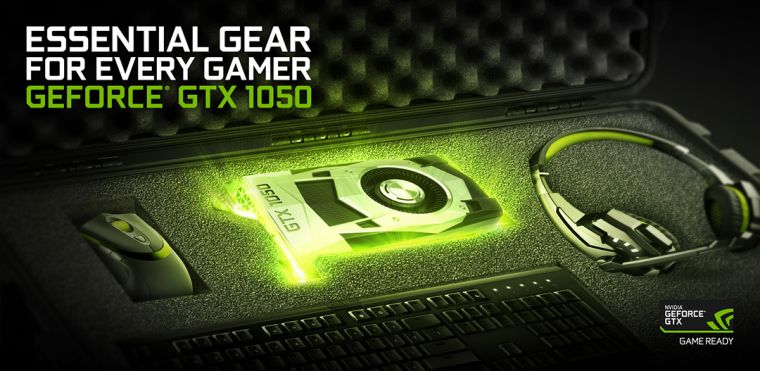NVIDIA news: No new GPUs expected in GDC or GTC

Despite the big rumors and speculations about a supposed upcoming new generation of graphics processing units (GPUs) from manufacturer NVIDIA, expectations all seem to have been dispelled by the company itself.
This is at least for the upcoming Game Developers Conference (GDC) or the GPU Technology Conference (GTC) this coming March and April. NVIDIA itself has noted that the company is not preparing anything new for the consumers right now, meaning it will be a while before gamers and multimedia professionals see new GPUs from NVIDIA.
NVIDIA's own GTC will also only be for its other nongaming and graphics ventures like deep-learning, artificial intelligence (AI) and self-driving cars for which it has its own separate hardware. This is quite a sad news for those in the market for a new GPU, meaning everyone has somehow expected the Volta or Ampere or Turing architecture but it will not be happening, so tech enthusiasts will have to settle for the still-relevant Pascal architecture GPUs.
Expectations intensified due to the fact that this time or specific quarter of the year is usually when NVIDIA starts unveiling and releasing its latest gaming and consumer hardware, pretty much like how the current-generation GeForce GTX 1080 Ti was released during the first quarter of last year at GDC. With that said, NVIDIA may be taking its time engineering the next generation of its GPUs, which is still unnamed to this day.
Still, despite the lack of announcements for any new consumer GPUs, there is still hope that NVIDIA will come up with some sort of a hint or indication or at least a roadmap of their current plans for video cards. This could also mean good news for NVIDIA's main competitor Advanced Micro Devices (AMD), since anything new they release this year in the GPU market will be met with little competition, though they also do not seem to have any plans.
It remains to be seen what's in store for PC owners this year from both AMD and NVIDIA.











